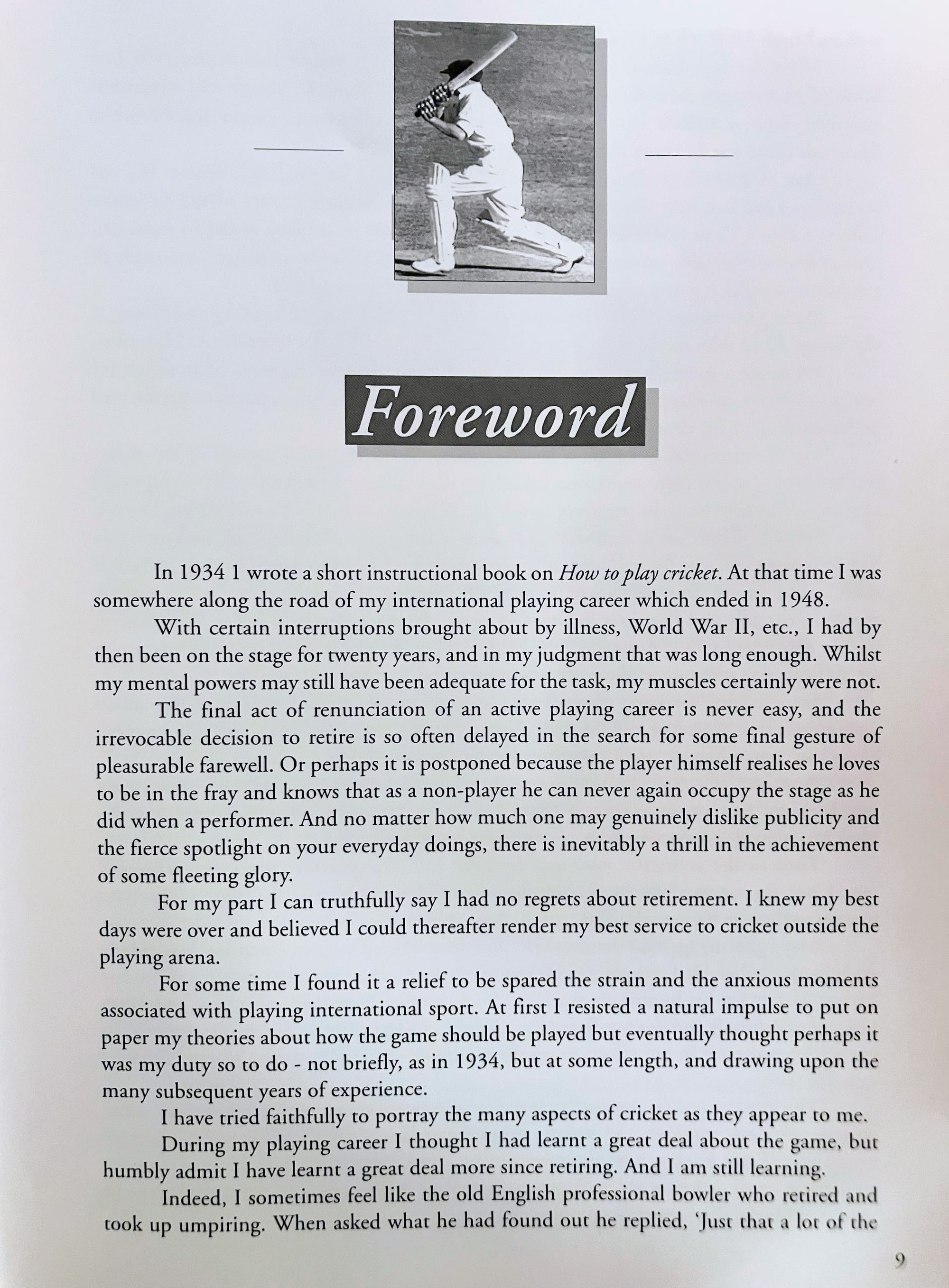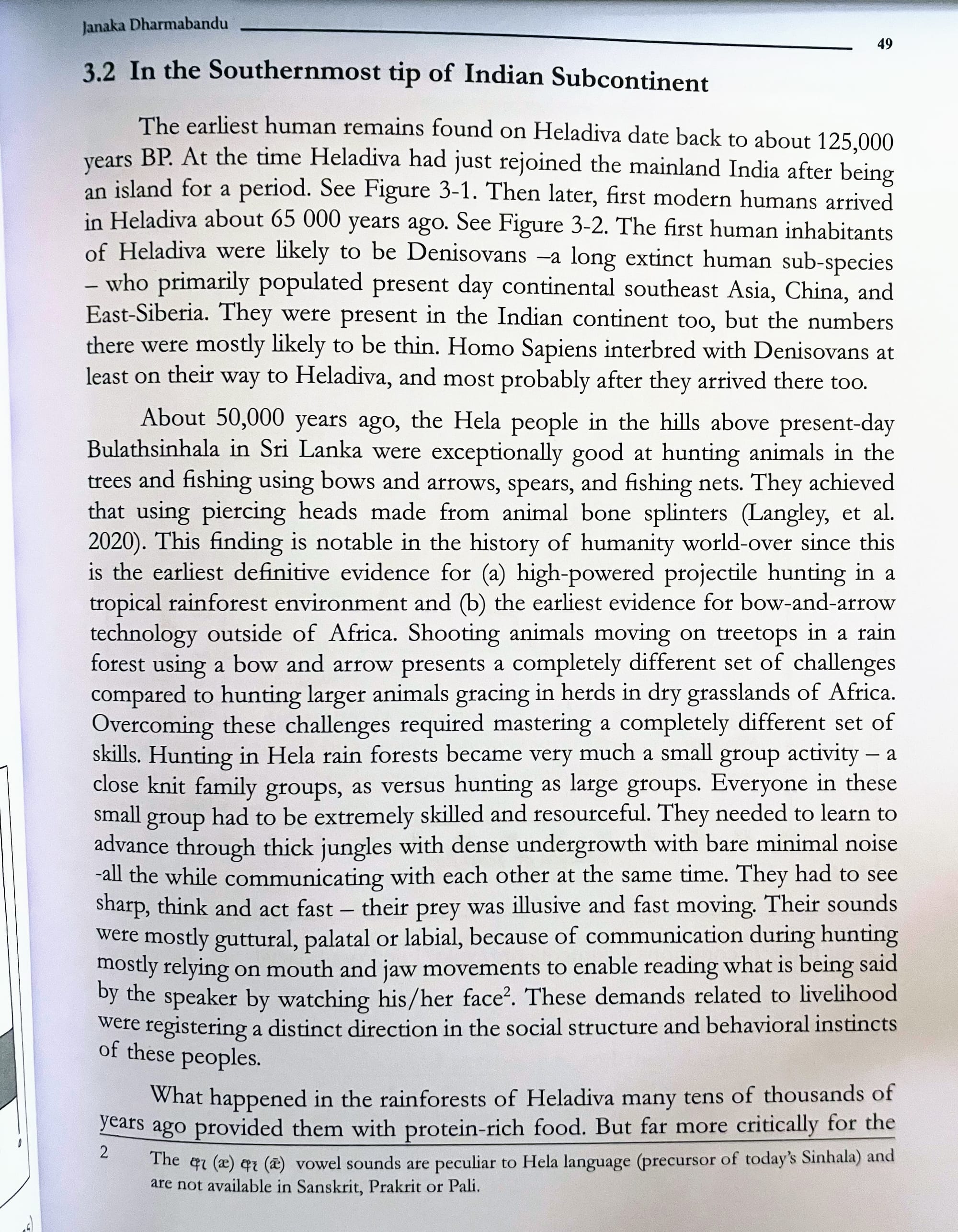Weekly Reading: China Chips, The Art Of Cricket, and Assassination Day
I read more than I write. Here's some stuff I've been reading.
Hua Bin (2025):
Hua Bin has some detailed dope on China that seems to check out. In this case he's talking about America's deranged Commerce Secretary saying “we’ll have the Chinese chip market but sell them chips that are not our best, not our second best, not even our third best,” and China saying, uh, no.
Over the last week, the Cyber Administration of China officially requested Chinese tech firms such as Tencent and ByteDance to stop testing of the Nvidia new China-only RTX 6000D chips and cancel any orders.
In addition, the Chinese Ministry of Commerce has launched an anti-monopoly investigation against Nvidia due to its failure to comply with the agreement with Chinese regulators when Beijing approved its 2020 acquisition of the Israeli company Mellanox Technologies.
It is clear Beijing has decided it will do without Nvidia and China will build its AI industry completely in separation from US technologies.
In 2018, Huawei launched a top secret inhouse project called “Delete America” when the company was targeted for destruction by the first Trump regime and had to rid itself of every American technology for self protection.
Now China is embracing a full-spectrum nationwide “Delete USA” from its technological development.
Donald Bradman: The Art Of Cricket (1958/1998)
The boy has started cricket classes and the old man gave him a book of advice from an even older (no longer extant) cricketer, Don Bradman. The best in the game, and possibly the best in all games. The boy is too young for this but I've been reading it.

I am a great believer in taking very special care to obtain the best equipment. It can play a tremendous part in building up confidence, and from personal experience I know how much easier it is to compile a score with the right equipment than with unsuitable components.
This applies more forcibly to the highest grade of cricket but is applicable right through one's career.
A legend has been built up around certain players, particularly Victor Trumper, who, so it is said, would take out any old bat and play equally well with it. If that is true I admire his skill all the more, because frankly I could not do so.
Wu-Tang Clan, Assassination Day (1996)
I've been a Wu-Tang fan since my cool cousin in Toronto introduced me to them as a pre-teen. It took me years to barely decipher what they're saying, it's a degree of wordplay and omnivorous references that are lacking today. I thought of them as America enters its age of assassinations, specifically of the song Assassination Day.
[Chorus: Masta Killa, sampled]
"It's assassination day, I—"
"It's assassination day, I—"
"It's assassination day..."
"It's assassination day, I—"
"It's assassination day, I—"
[Verse 1: Inspectah Deck]
I move through the Third World, my third eye's the guidin' light
Invite the fight — we all die tonight!
The life I live's a 25-to-life bid
Parole reneged, I stroll the globe fugitive
C.R.E.A.M. is short, Cee-Cipher-Power stalk, plus the fiend talk
3G's the cost in Supreme Court
White lies and blackmail land me back in jail
We're all for sale, a stolen goal but it fail
Stranded on the front line, I shine to the dumb and blind
It comes time I take back what was once mine
Crunch time in the first quarter, from the worst slaughter
Devils poisonin' the birth water
The Earth daughter rest her head on my chest
Through the struggle, we cuddle under half-moon crest
While the press plant fear and exploit the gun blastin'
Central broadcastin' is shacklin', nerves are unfastened
Trapped in deep water, gaspin'
I clash with the titans for my half on the action
Karl Marx, Simple Reproduction, Das Kapital (1867)
The Socialism For All podcast has been reading Marx's Capital and I've been re-reading it that way. A few portions stuck out at me, specifically the chapter on the reproduction of capital, which to me describes the reproduction of an artificial species that I call Capital. Marx alludes to this constantly, metaphorically, but I take it literally. Here he describes the symbiosis between the human worker and the alien, Capital.
But what at first was merely a starting-point becomes, by means of nothing but the continuity of the process, by simple reproduction, the characteristic result of capitalist production, a result which is constantly renewed and perpetuated. On the one hand, the production process incessantly converts material wealth into capital, into the capitalist’s means of enjoyment and his means of valorization.
On the other hand, the worker always leaves the process in the same state as he entered it – a personal source of wealth, but deprived of any means of making that wealth a reality for himself. Since, before he enters the process, his own labour has already been alienated [entfremdet] from him, appropriated by the capitalist, and incorporated with capital, it now, in the course of the process, constantly objectifies itself so that it becomes a product alien to him [fremder Produkt].
Since the process of production is also the process of the consumption of labour-power by the capitalist, the worker’s product is not only constantly converted into commodities, but also into capital, i.e. into value that sucks up the worker’s value-creating power, means of subsistence that actually purchase human beings, and means of production that employ the people who are doing the producing.
Therefore the worker himself constantly produces objective wealth, in the form of capital, an alien power that dominates and exploits him; and the capitalist just as constantly produces labour-power, in the form of a subjective source of wealth which is abstract, exists merely in the physical body of the worker, and is separated from its own means of objectification and realization; in short, the capitalist produces the worker as a wage-labourer. This incessant reproduction, this perpetuation of the worker, is the absolutely necessary condition for capitalist production.
Big Serge, The Treaty Mirage
I know Big Serge as a commentator on modern warfare, but he has been admirably focused on history for months now. I've also been playing Axis and Allies (1942) which—despite being biased against the USSR and leaving out China entirely—lets you feel the dynamics of World War II. Last game we got into a battleship race, which was financially ruinous to everyone, the same dynamics that Serge describes in the post World War I era, when they divided up the seas and limited tonnage to prevent the same thing.

The parties that convened in Washington agreed to a disproportionate allocation of naval power which explicitly created something like a formal geopolitical system of sea power. Under the Washington System, in essence, the US Navy and the Royal Navy were each given about 30 percent of the world’s battleship tonnage (and by extension firepower), while the Japanese got 20 percent, and the Italians and French got 10 percent each.
The allocation of total tonnage, combined with limits on the maximum tonnage of individual warships, synergized to create extremely transparent arithmetic governing the numbers of warships in the relevant fleet. Because battleships were capped at 35,000 tons of displacement, the 525,000 total tons allocated to the US and Royal Navies meant that they could possess fifteen large battleships each, while Japan’s 315,000 total tons allowed for nine. In order to come into compliance with the tonnage limits, both the British and the Americans were forced to scrap many of their older dreadnought and pre-dreadnought battleships, and the British had to conduct a redesign of their new Nelson-class to slim her down.
The allocation of tonnage was an attempt to formally recognize the variegated strategic needs of the treaty parties, while accepting the realities of the extant balance of power. The United States and the British received disproportionate tonnage allocations as the two powers with truly global commitments: the US Navy with its two oceans, and the British with their global chain of bases. Japan, as a “single ocean power”, received a healthy allocation, while the French and Italians were balanced against each other as regional rivals with equal tonnage. The Washington System therefore presented a concrete understanding of world affairs with the following picture: two large, essentially equal global Anglo-American navies, a Pacific power in Japan which was not so far behind the world powers, a pair of mid-sized Mediterranean navies in France and Italy, and a humiliated former naval power in Germany.
Janaka Dharmabandu, Hela Havula and Early History of Heladiva

I found this book at my local bookshop, it's a speculative history of the prehistory of Heladiva, now known as Sri Lanka. It's wildly speculative so I can't say I'd recommend it without context, but it is fascinating to think about that time when Sri Lanka wasn't an island.

Sea level wise, Sri Lanka was disconnected from India 125,000 years ago and then got reconnected (geologically speaking), and then rapidly disconnected again just recently (the land bridge only totally disappeared about 500 years ago).

Dharmabandu starts with this reality then goes crazy with it. It is fascinating because there was a flood, probably obliterating all evidence of prior civilization (we tend to build close to the sea), but all we're left with are stories.